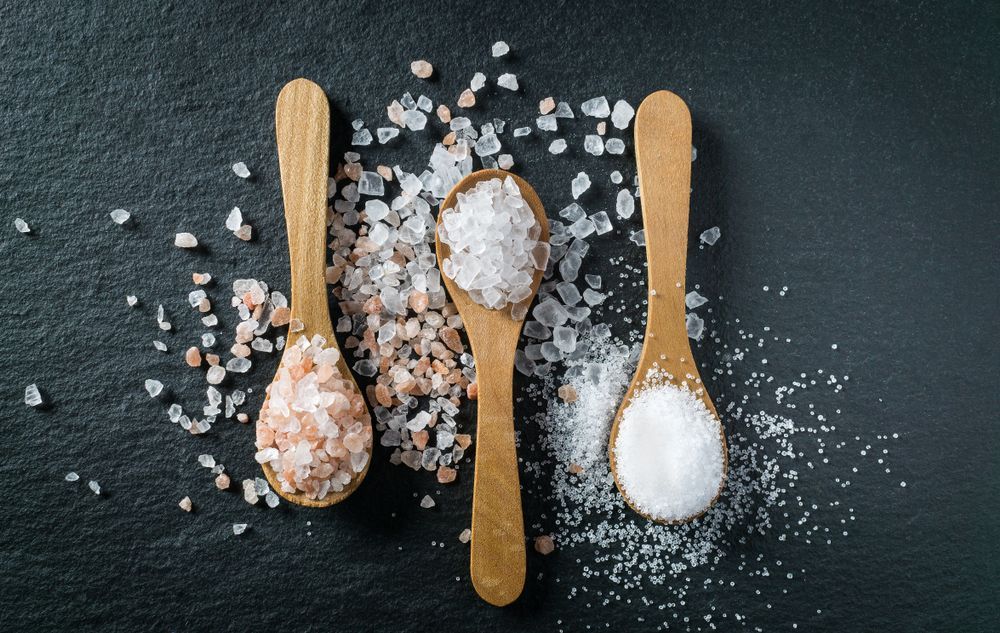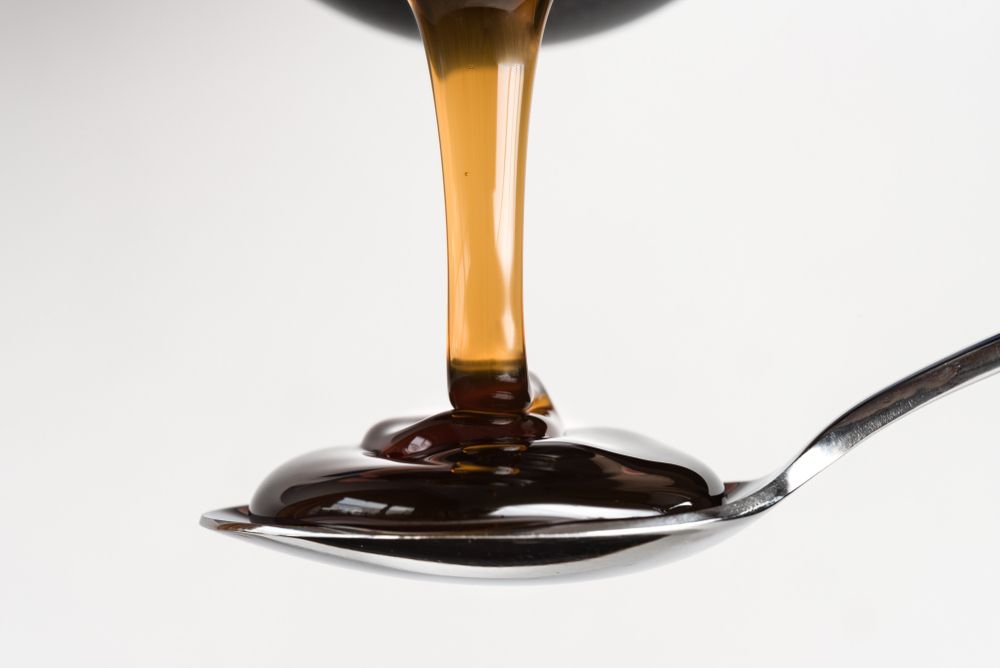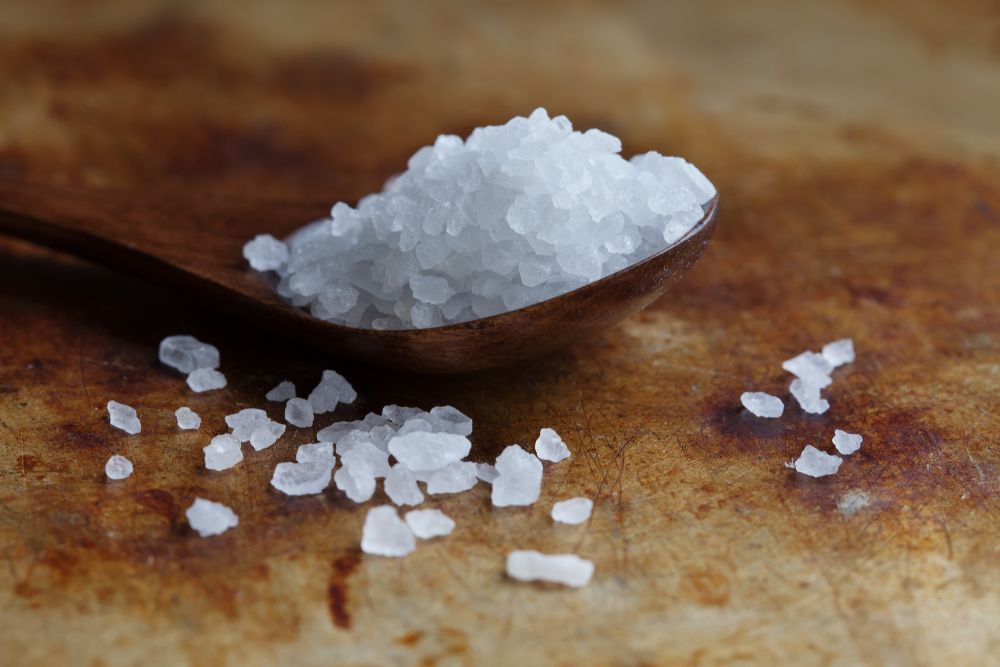Natural vs Artificial Sweeteners: What to Consider
Written by: Indiana Sugars
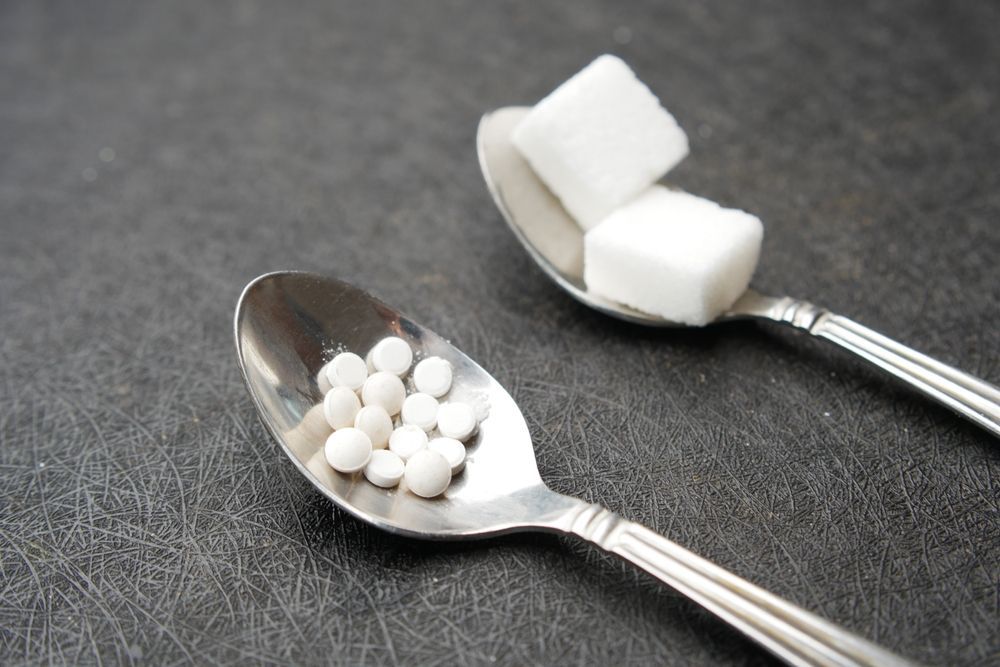
Whenever you're making baked goods or other products designed for public consumption, the question invariably turns to sweeteners. But what are the major differences between natural sugar and artificial sugar? How does natural sugar vs artificial sweeteners vary in terms of things like taste, texture, or overall consistency?
Once you learn more about these unique ingredients and what they have to offer, you'll be in a better position to make the best possible choice regarding your own products.
Natural Sugars
Below is a list of the most common natural sugars that you are likely to use throughout your career.
Maple Syrup
Maple syrup, as the name implies, is harvested from the sap of maple trees. It is processed by boiling, and it is usually found in things like pancake syrup and various marinades. It has a rich, deep flavor that is seen as an enhancement to both savory and sweet dishes.
Turbinado Sugar
Turbinado is a minimally processed form of sugar cane, and it has a coarse texture with a light brown color. It's perfect for not only baking but also sweetening beverages as well. Many also find success using it as a topping for baked goods.
Agave
Agave is derived from the agave plant, and it is much sweeter than other types of sugar. It's used a lot, not only as a vegan ingredient but as a honey substitute as well.
Honey
Most people are familiar with honey in all its forms. It is an incredibly versatile ingredient that is used in baking, as dressings for things like salad, in marinades, and even in beverages. It also has antimicrobial properties, which is part of the reason why it is used in items like cough suppressants.
Fruit Extracted
Arguably the most popular example of something that has been fruit-extracted would be Stevia. The main benefit here is that these types of sugars are low in calories, although they do typically bring with them distinct flavors that might not be good in all contexts. They're regularly used in "diet" versions of beverages and in baking and cooking applications.
Artificial Sugars
There are several artificial sweeteners you may consider using, including but not limited to the following.
Sucralose
Sucralose is a chlorinated form of sugar that is heat-stable, which is the main reason it is used so commonly in baking. It is also significantly sweeter than other types of sugar, like sucrose.
Aspartame
Aspartame is a unique combination of aspartic acid and phenylalanine that is again known for being significantly sweeter than traditional sugar.
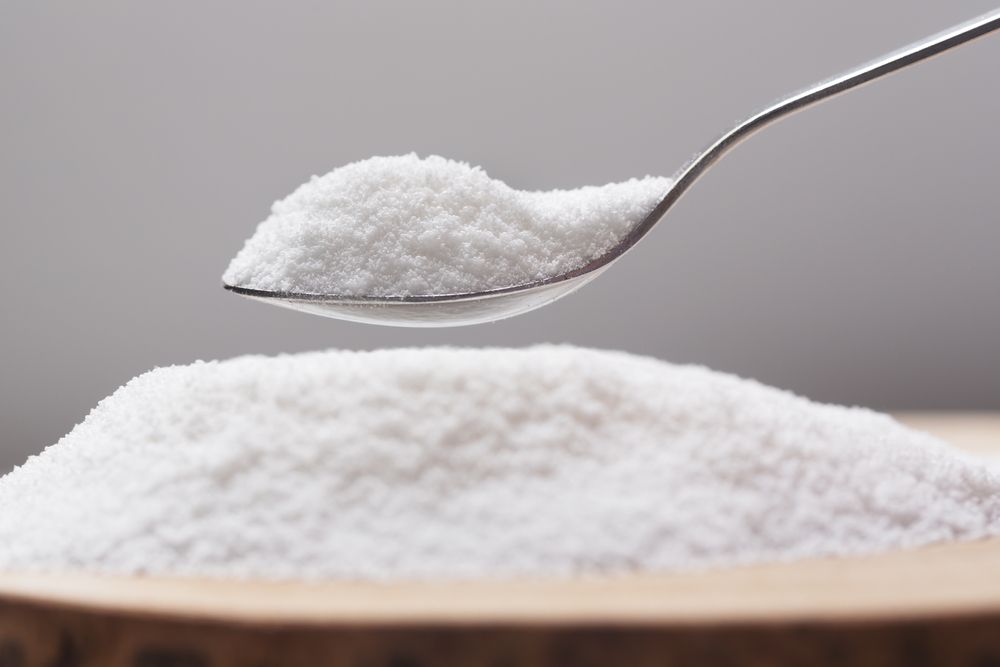
Saccharin
Saccharin, like many of the artificial sweeteners on this list, is often used in the "diet" versions of many soft drinks. It is low in calories, which makes it ideal for people who still want a sweet treat but may be trying to closely monitor other aspects of their health.
Processed Sugars
Processed sugars include things like white sugar and high fructose corn syrup. They are commonly found in many processed foods, as well as soft drinks and desserts.
Are Natural Sweeteners Healthier Than Artificial Sweeteners?
The answer to this question ultimately comes down to how rigidly you define the term "healthy."
Natural sweeteners like honey often have nutrients and antioxidants that artificial sweeteners may lack. At the same time, those natural sweeteners tend to be higher in calories. By design, artificial sweeteners are usually calorie-free or, at the most, very low in calories.
If calories were your primary concern, artificial sweeteners would automatically seem healthier - at least on paper. But the story is much more complicated than that and all options should be considered carefully before you choose which ingredient to go with for your next item.
Which is Safer for Diabetics?
Because natural sugars can vary so wildly, this is a difficult question to answer without getting more specific. Something like Stevia would likely have a very low impact on the blood sugar levels in a diabetic, for example. On the other hand, something like maple syrup would have a big and almost immediate impact.
There is also the matter that sweeteners aren't the only part of a diabetic's diet that they will need to be concerned with. Managing diabetes successfully is all about balance, after all.
This is a discussion that is better had under the care of a trained healthcare provider. Speak to your doctor about things like meal planning and where items like natural sugar and artificial sweeteners fit into everything else you're trying to manage.
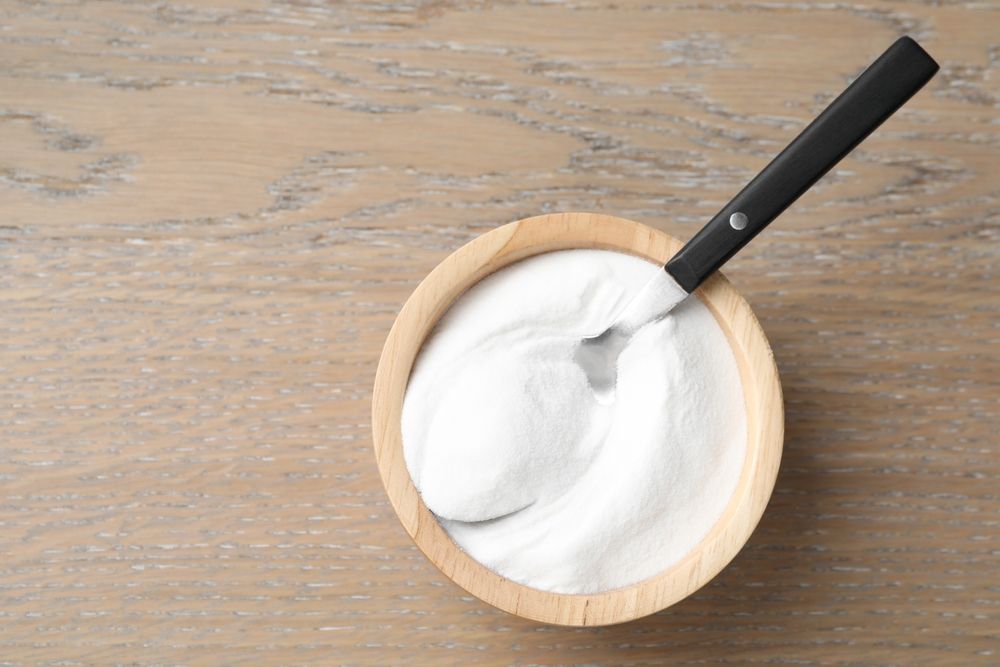
Which is Better for Baking and Cooking?
The answer to the question of which you should use for baking will also vary depending on exactly what it is you're trying to accomplish.
Natural sweeteners, particularly ones like honey, add a rich moisture to whatever item they're used in. They also contribute to browning, which can significantly enhance flavor. If those are things that you're focused on, natural sugars would be the way to go.
Artificial sweeteners are much sweeter than regular sugar, so you need less of them in recipes. They are also highly heat-stable, which makes them ideal for certain types of dishes.
Understanding the unique advantages of each option will help determine which is best suited for different situations.
Indiana Sugars Carries a Wide Selection of Bulk Natural Sugars!
At Indiana Sugars, we pride ourselves on our ability to deliver a wide range of bulk natural sugars to customers like you. We understand that the taste of your products is crucial to your business's success. That's why every ingredient we ship undergoes rigorous testing in our labs, ensuring only the highest quality materials reach your hands.
If you have any additional questions about natural sugar vs artificial sweeteners, or if you'd just like to continue the discussion with a team of passionate experts in a bit more detail, please don't hesitate to contact the Indiana Sugars team today.

